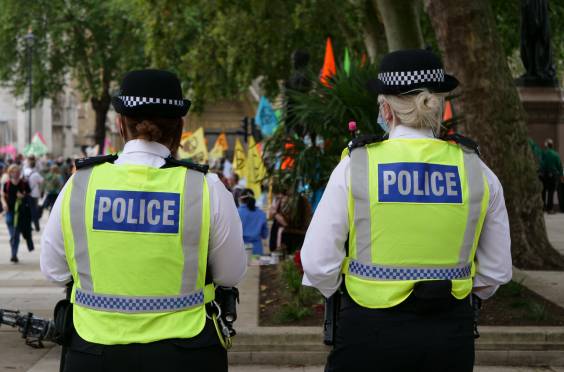How To Protect Yourself in a University/School Sexual Misconduct Investigation
How To Protect Yourself in a University/School Sexual Misconduct Investigation
The #MeToo movement began in earnest seven years ago. As a consequence, we live in a world where things that were acceptable as recently as the early noughties, today see people being brought before educational investigative or disciplinary panels. The positive impact of #MeToo is undeniable – no longer do men and women who have suffered sexual abuse and misconduct feel forced to stay silent. However, with every positive there is a corresponding negative, and in university and school sexual misconduct investigations, the negatives encompass two key concerns:
1. Those appointed to conduct investigations into sexual misconduct often have little or no training in interviewing vulnerable complainants and those accused of inappropriate behaviour, and
2. In many cases, the laws of natural justice are not applied.
If you have been accused of sexual misconduct within an educational institution, you must take steps to protect yourself, just as you would if you were being investigated by the police. Especially given that the sanctions imposed can be life-changing.
What are the main issues with internal sexual misconduct inquiries in educational institutions?
Almost all schools and universities will have processes and procedures for dealing with a sexual misconduct complaint. However, unlike the police, they are not standardised and there is no regulating body overseeing how they are run. For example, in the case of AB v University of XYZ [2020] EWHC 2978 (QB) a student AB, in the final year of his University XYZ degree, faced an accusation of sexual misconduct. The university notified him that a disciplinary committee would address the allegation. While allowed a companion at the hearing, the companion's role was limited to a supportive capacity, as AB was expected to present his case independently. AB's legal representative contested several aspects, including the restriction on the accompanying person's role.
AB was subsequently expelled from University XYZ after a disciplinary committee, which he did not attend, found the sexual misconduct allegation proven. Although AB secured a spot at another university, in a civil case, he argued that it lacked the prestige of University XYZ. Additionally, he claimed that during this period, several job offers were retracted.
AB argued that by denying him the right to legal representation, the University had breached the laws of natural justice under its contract with him. Given the seriousness of the allegations and the possible impact on his future, he argued that he should have been permitted to have a Solicitor present.
In deciding AB v XYZ, Mr Hugh Southey QC (sitting as a Deputy Judge of the High Court), noted the decision in R v Secretary of State for the Home Department ex p Tarrant [1985] QB 251, which provided the following principles (known as the Tarrant principles) when deciding whether to permit legal representation in the context of prison disciplinary proceedings:
i) The seriousness of the charge.
ii) Whether any points of law are likely to arise.
iii) The capacity of the prisoner to understand the case against him.
iv) Procedural difficulties.
v) The need to avoid delay.
vi) The need for fairness between the prisoner and those making allegations.
The judge in AB v University of XYZ ruled that universities are required to uphold the laws of natural justice and allow a person accused of grave misconduct to have legal representation, especially if the allegations are of a sexual nature. In addition, the accused must also be allowed to question witnesses if they contradict the accused’s statements.
Another serious concern regarding internal investigations is the lack of training provided to those who interview complainants and people accused of sexual misconduct in a school or university. Given the sensitive nature of such allegations, specialist skills are needed to ensure that tough questions can be asked and answered, without the risk of adding to the complainant’s trauma.
What should I do if I am being investigated for sexual misconduct?
It is imperative to take an internal university/school sexual misconduct investigation as seriously as you would if you were being investigated by the police. As soon as you are aware of an investigation or disciplinary proceedings, contact an experienced Criminal Law Solicitor immediately. They will take time to understand your side of the story and provide support during any interviews. They will also fight tenaciously to ensure you have an opportunity to question any witnesses and make certain the investigation remains focused on the relevant points.
We understand that you will want to clear up the matter as quickly as possible; however, it is incredibly easy to incriminate yourself in an internal investigation/disciplinary proceedings if you do not have a specialist in sexual offences law by your side, providing advice and representation. Do not take the risk, as it could have an enormous impact on you or your child’s future.
If you have any questions regarding this article, please call us on 0300 3732424. If you have been arrested and require police station representation, please call our emergency number 0300 373399.

